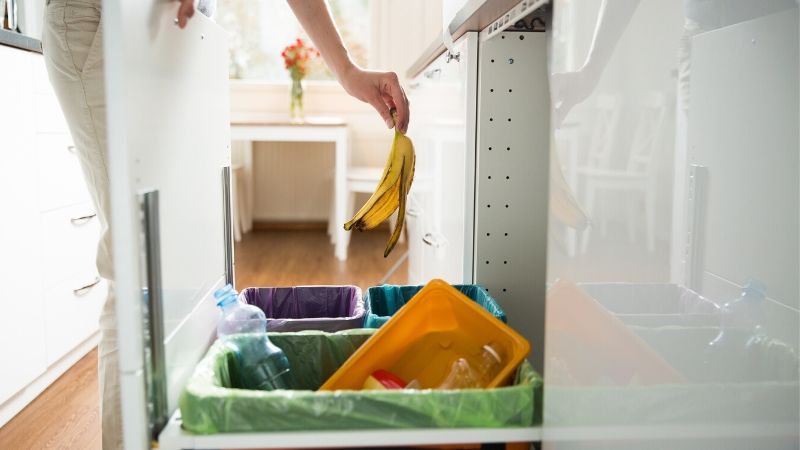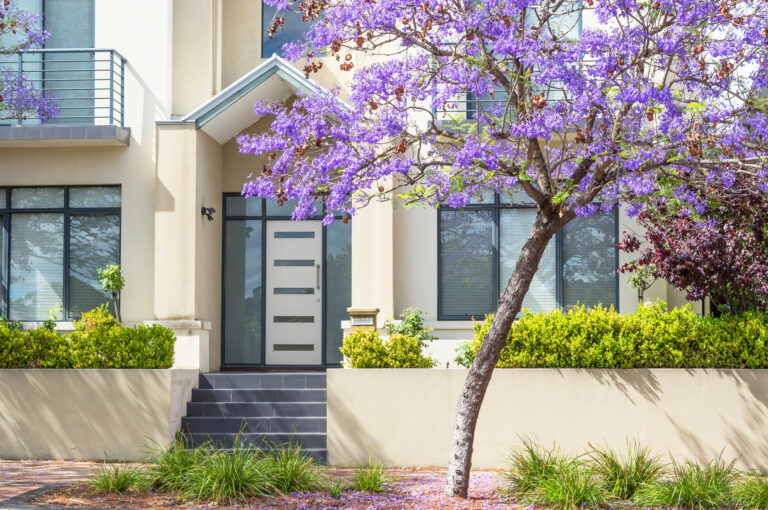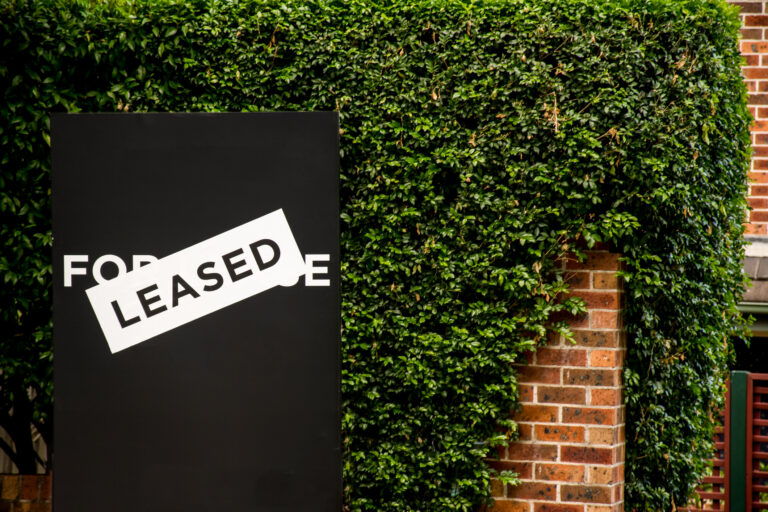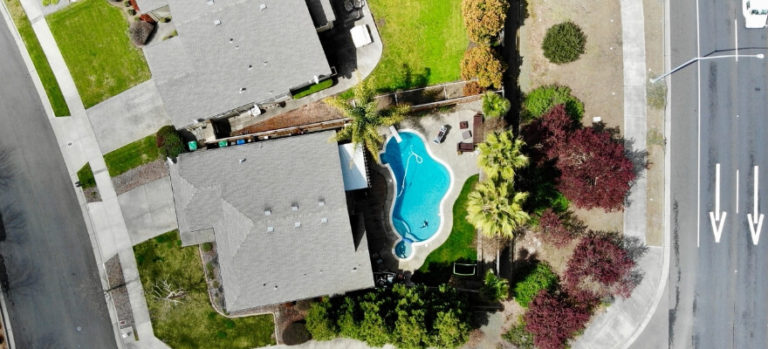Time to read: 3 mins
Food scraps are one of the biggest contributors to landfill, making it one of the largest producers of methane gas.
For garden lovers and indoor plant enthusiasts, food scraps are free nutrient powerhouses just waiting to be put to use.
No matter your garden or space, there is a composting option to suit your needs, and you may even have some to share with your neighbours.
Compost is made up of green and food waste that has been broken down by naturally occurring bacteria, leaving behind mineral rich material perfect for mixing through soil.
It contains the three essential nutrients for any thriving garden – especially if you are trying to grow your own food – Potassium, Phosphorus, and Nitrogen.
There are many ways to compost and each has its own method, and ways of aerating (moving) the compost as it breaks down. Once you decide the method that is right for you and your space, the steps to get started are simple.
Start by keeping your food scraps separate, and know what is considered green and brown waste. Green waste is quick to break down and is full of nitrogen and moisture, while brown waste adds structure and allows the compost to breathe to keep it healthy.
Aim for an even mix of both and take a look at our comprehensive list of what you can and cannot compost!
Benchtops Bins
Compost bins such as Bokashi work by using beneficial bacteria in spray or powder form to break down and ferment food waste in two to four weeks. They are suited to indoor spaces and have very little smell. The final result is a rich liquid compost which can be watered down and shared.
Worm Farms
A simple and classic method of composting, worm farms have layers with food waste on top and worms in the middle. The fertiliser created is actually worm wee and is a nutrient rich liquid perfect for small gardens.
Tumble Composts
Tumbler compost bins work by turning the bin and its contents regularly to mix and aerate the materials. Because they are smaller space, they tend to break down the materials faster, meaning a better turn around.
Compost Pile
Compost piles and larger bins are ideal if you have a lot of space, and a lot of waste to process. Setting up an open compost pile takes a little research but is well worth it for the rich soil they produce.
Community Gardens
Gardening might be your passion, but that doesn’t mean composting will follow. Many local councils have implemented community garden schemes in which residents work together to create a thriving food and flower garden. They accept food waste and compost donations, and you can contact your local council to find out more.










